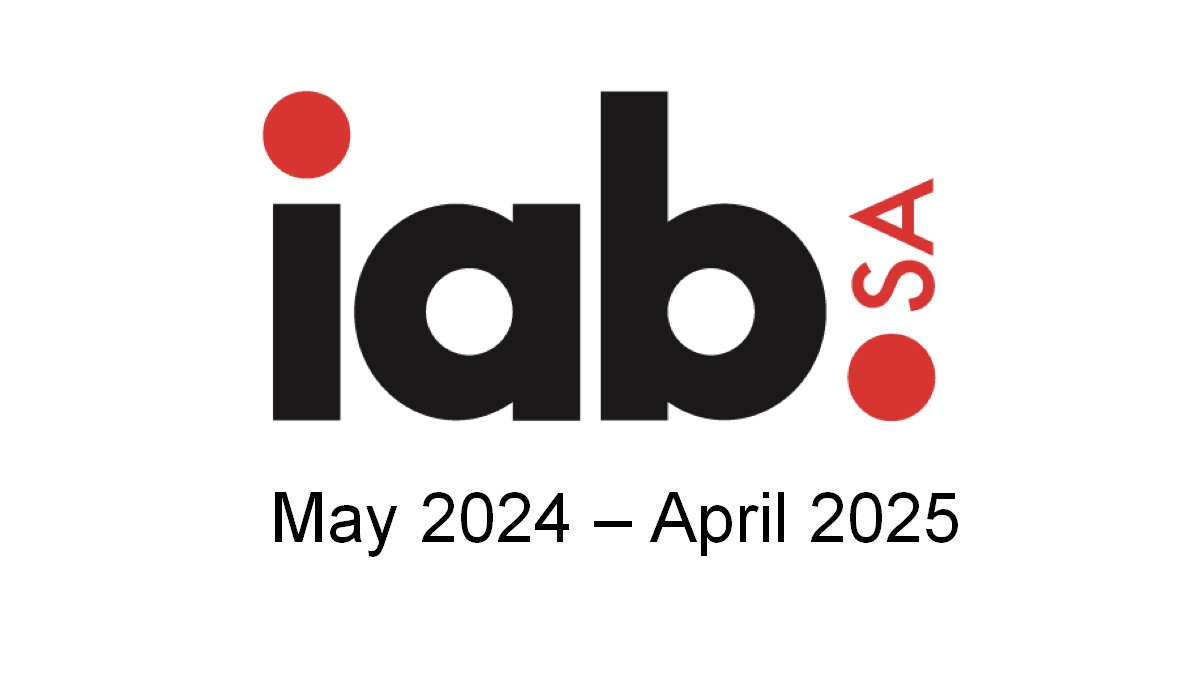Vodacom, one of South Africa’s leading companies, has signed a Virtual Wheeling agreement with state-owned power utility Eskom to end loadshedding in the country.
Loadshedding has been the country’s biggest economic bugbear for years and has in its wake destroyed the country’s potential of economic growth, and also caused consternation among the country’s residents as blackouts expose them to criminal elements.
The Virtual Wheeling agreement was signed this week and has been described “as the way forward to permanently remove loadshedding in the country”.
Both companies signed an agreement to assist the power utility fast-track efforts to deal with the energy crisis.
Wheeling, which has two formats, is a technical expression to describe the transformational format of electric energy from within an electrical grid to an electrical load outside the grid border lines, explained the two companies.
But most important, the mobile network’s (Vodacom) vision is to help the power utility in the transformation of electric energy through Vodacom innovation, which has been co-developed with Eskom.
The deal will also play a significant role in moving Vodacom closer to its goal of sourcing 100% of its electricity demand from renewable energy sources by 2025.
Based on the pact, this will also enable South Africa’s leading network to execute the next phase of innovative solution through securing Independent Power Producers (IPPs) under the same terms and conditions which underpin its agreement with Eskom.
Vodacom group CEO Shameel Joosub said: “Vodacom’s partnership with Eskom is transformational in that our virtual wheeling solution will enable South Africa’s private sector to participate in resolving the energy crisis which continues to impact the country’s economy.
“It also provides a blueprint for other South African corporates to adopt, as we pool our collective resources with the common objective of bringing an end to loadshedding.
“The virtual wheeling solution has the potential to be fast-tracked, depending on the available licensed capacity of IPPs.”
South Africa has been facing energy crisis and the challenges faced by the power utility to avert widespread blackouts have been a futile exercise.
Many businesses ended up shutting doors due to loadshedding, while Vodacom has spent more than R4-billion on backup power solutions and R300-million in the past financial year alone on operational costs such as diesel for generators.
Follow @SundayWorldZA on Twitter and @sundayworldza on Instagram, or like our Facebook Page, Sunday World, by clicking here for the latest breaking news in South Africa.




